Meeting Dalai Lama a major offence, China warns world leaders
Sat 21 Oct 2017, 19:40:44
China on Saturday warned world leaders and politicians against meeting the Dalai Lama, saying it would be perceived as a "major offence" as the spiritual leader is a "separatist" trying to carve out an independent Tibet.
Foreign officials also can't get away by saying they were meeting the exiled Tibetan leader in a personal capacity as they still represent their governments, Zhang Yijiong, who heads the Communist Party's Tibet working group, told reporters on the sidelines of the party congress here.
"Any country, or any organisation of anyone, accepting to meet with the Dalai Lama, in our view, is a major offence to the sentiment of the Chinese people," said Zhang, who is also an executive vice minister of the United Front Work Department of the Communist Party.
"After fleeing China in 1959, he established a so-called government-in-exile, whose goal and core agenda is the independence of Tibet and to separate (from) China. For decades, the group headed by the 14th Dalai Lama has never stopped such attempts," he said.
Though Zhang did not mention any particular country, China has repeatedly protested against the Dalai Lama's contacts with top Indian leaders such as former president Pranab Mukherjee. Beijing has also protested against the Tibetan leader's visit to the northeastern state of Arunachal Pradesh, which is claimed by China.
Zhang, who led failed talks with the Dalai Lama's representatives, spoke in Chinese at a news conference on the margins of the national congress of the Communist Party that is expected to give President Xi Jinping a second term.
He said any meeting between the Tibetan leader and foreign officials "contravenes" their government's commitment to recognise the Chinese government as the sole legitimate body representing the country.
"The fact is that there is not a single legitimate government in the world that recognises the so-called Tibet government-in-exile. Although the Dalai Lama has been received by certain officials, the governments that those officials work for actually
don't recognise his group," he said.
don't recognise his group," he said.
"Officials, in their capacity as officials, attending all foreign-related activities represent their governments. So I hope governments around the world speak and act with caution and give full consideration to their friendship with China and their respect for China's sovereignty," he added.
"I hope the governments of foreign countries can speak and act cautiously (on this matter). They need to take the friendship with China and the respect to China's sovereignty into consideration.
"So it is inevitable for China to state strong opposition when the 14th Dalai Lama visits foreign countries and even is received by some senior officials."
Zhang made it clear that, in China's view, foreign officials cannot get away by saying they were meeting the Nobel Peace Prize-winning monk in a personal capacity.
"Although some (foreign officials) say the Dalai is a religious figure, our government didn't put in an appearance, it was just individual officials, this is incorrect," he said.
According to Zhang, the number of foreign officials willing to meet the Dalai Lama is dwindling. "Now, he often can only make speeches at universities or conduct some religious activities," he said.
Beijing was furious when the Dalai Lama visited Arunachal Pradesh earlier this year - which China claims as part of south Tibet - and alleged New Delhi was trying to undermine its interests by "using" the Nobel laureate.
"The Dalai Lama's visit to Arunachal Pradesh had a negative impact on India-China ties. India should observe commitment on Tibet-related issues and should not use the Dalai Lama to undermine China's interests," foreign ministry spokesman Lu Kang had said in April.
China took control of Tibet in 1950 in what it calls a "peaceful liberation" and has piled pressure on foreign governments to shun the Dalai Lama since then. China also strongly denies accusations of rights abuses in Tibet and that it fully respects the religious and cultural rights of the Tibetans.
No Comments For This Post, Be first to write a Comment.
Most viewed from International
Most viewed from World
AIMIM News
Latest Urdu News
Most Viewed
May 26, 2020
Who will win The 2025 ICC Women's Cricket World Cup?
Latest Videos View All
Like Us
Home
About Us
Advertise With Us
All Polls
Epaper Archives
Privacy Policy
Contact Us
Download Etemaad App
© 2025 Etemaad Daily News, All Rights Reserved.

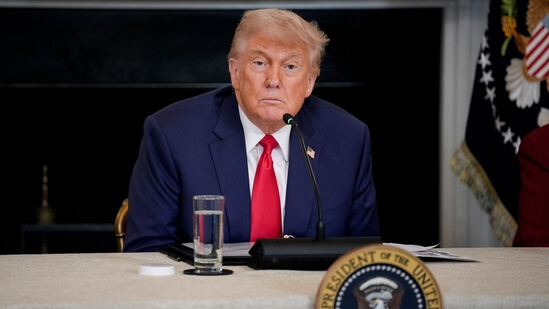
.jpg)
.jpg)
.jpg)
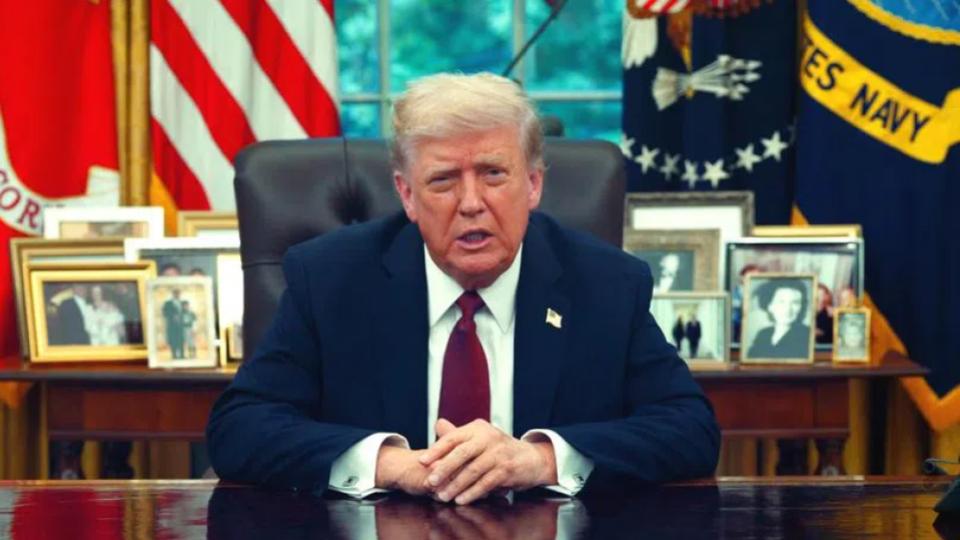
.jpg)
.jpg)
.jpg)
.jpg)
.jpg)
.jpg)
.jpg)
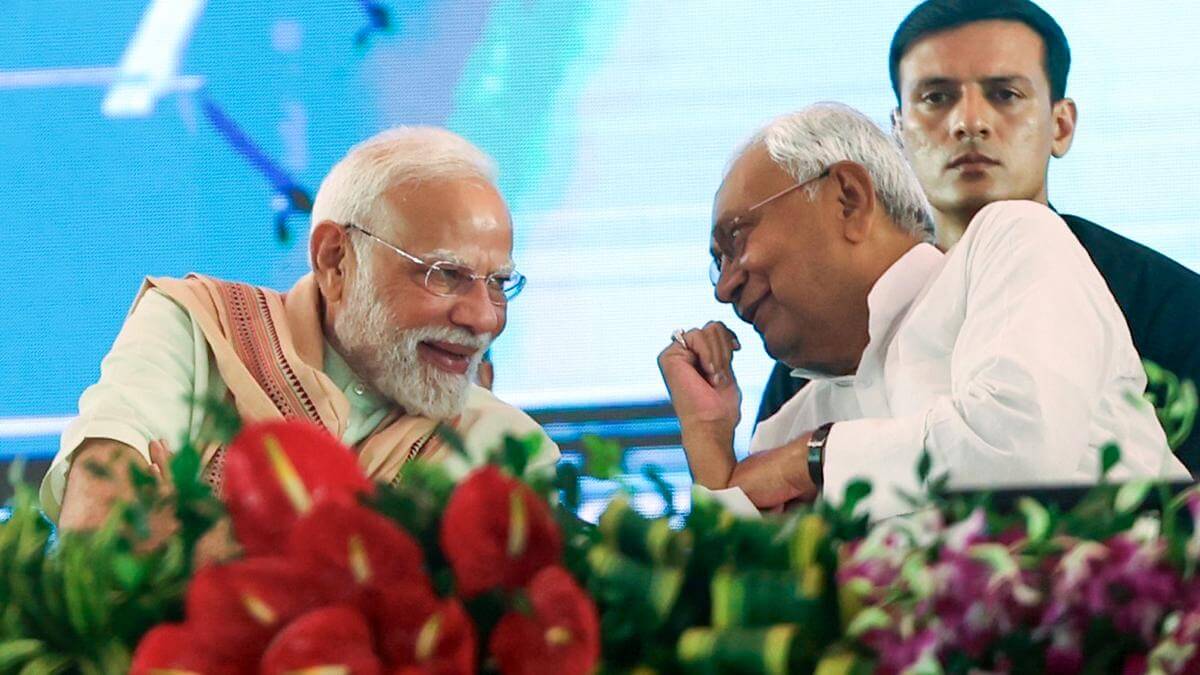

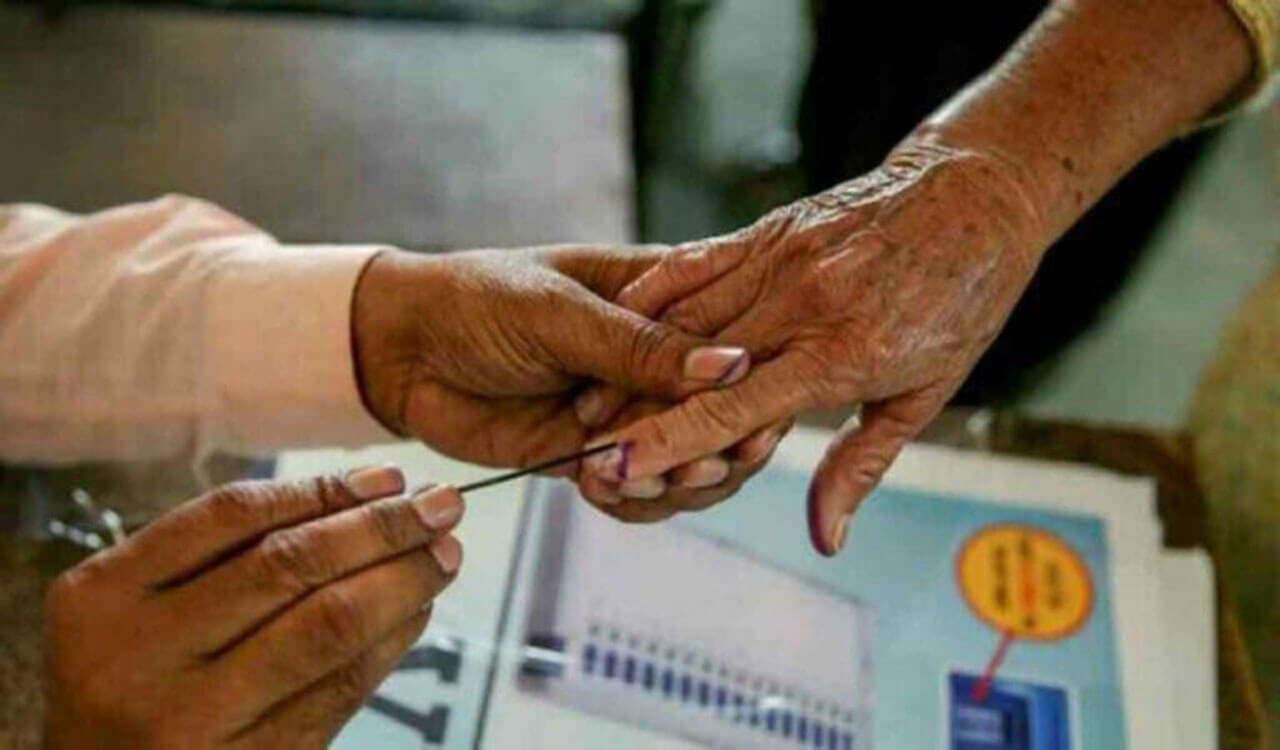
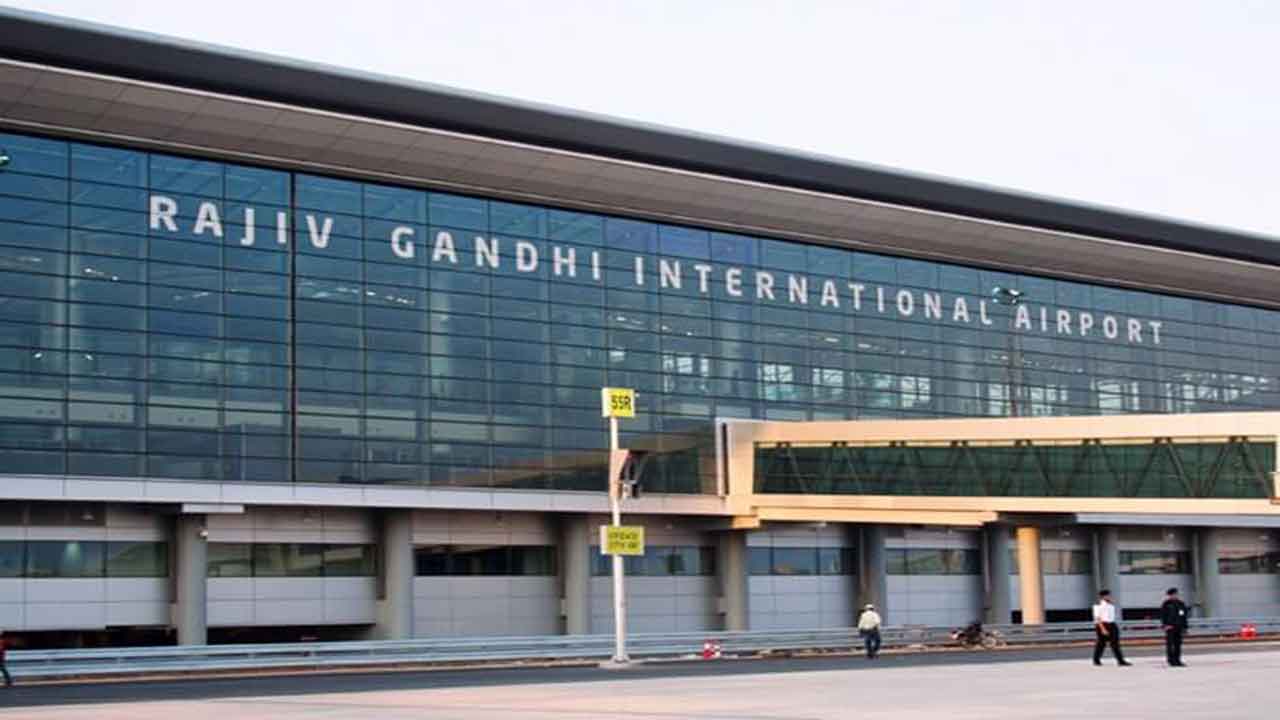
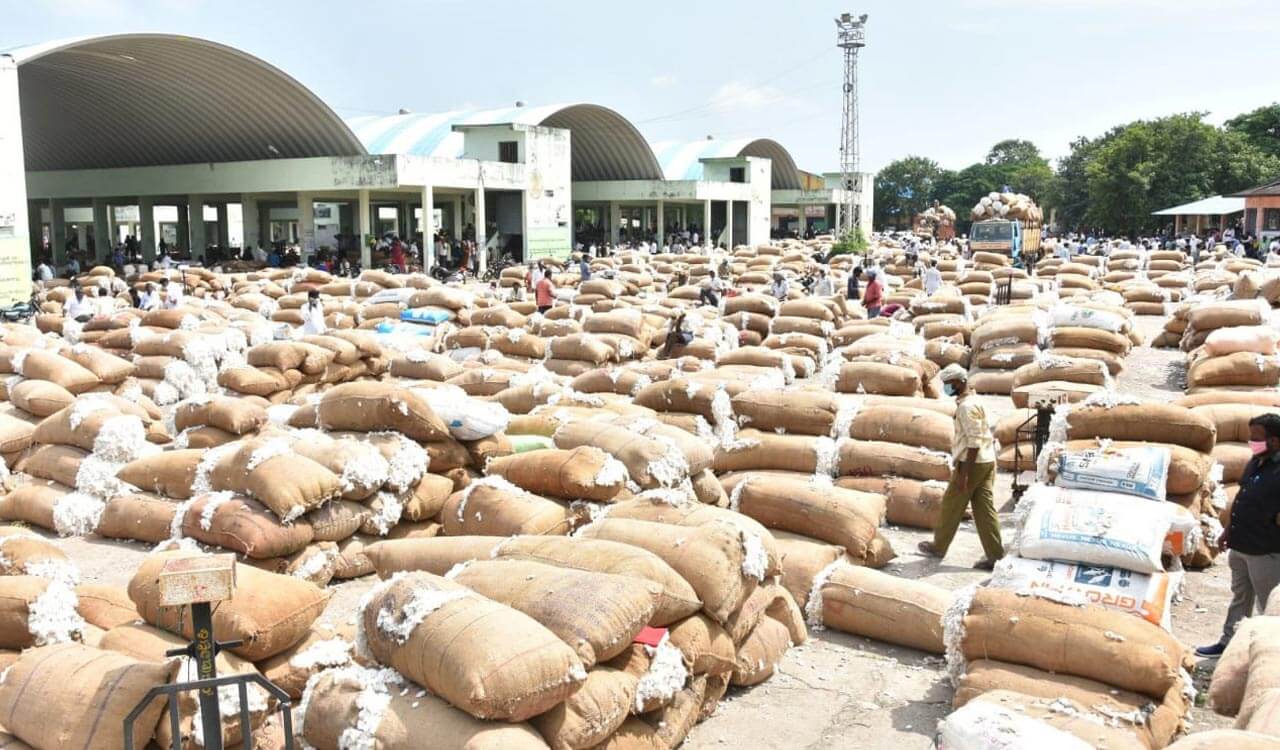

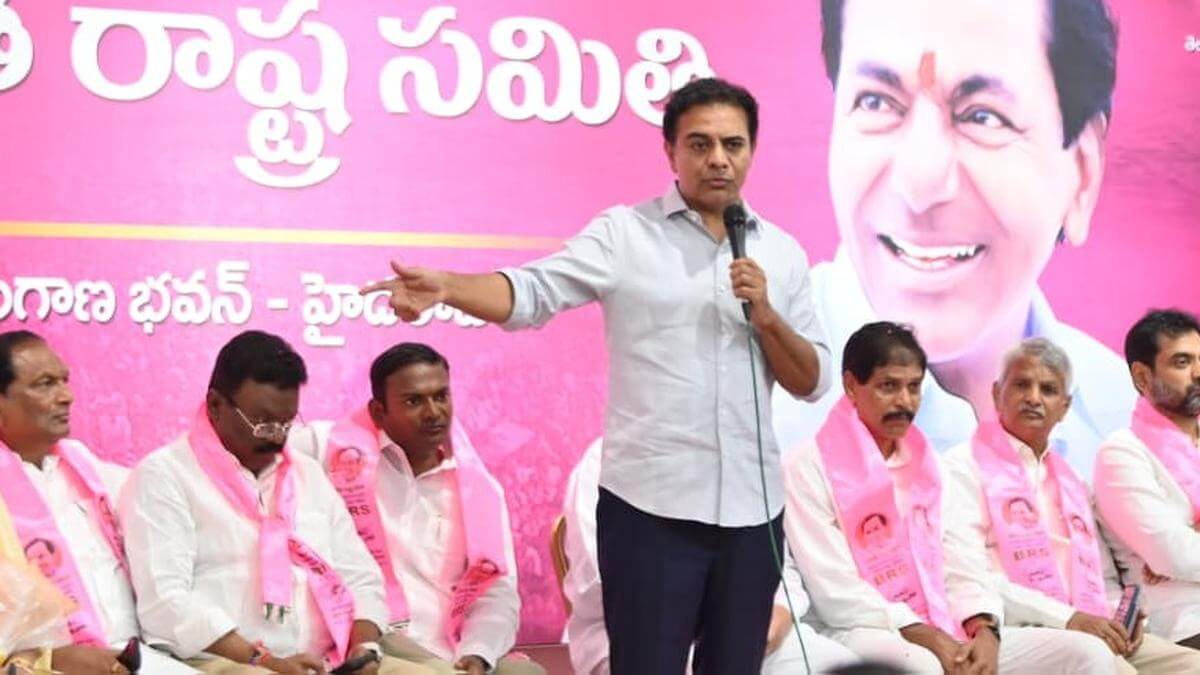
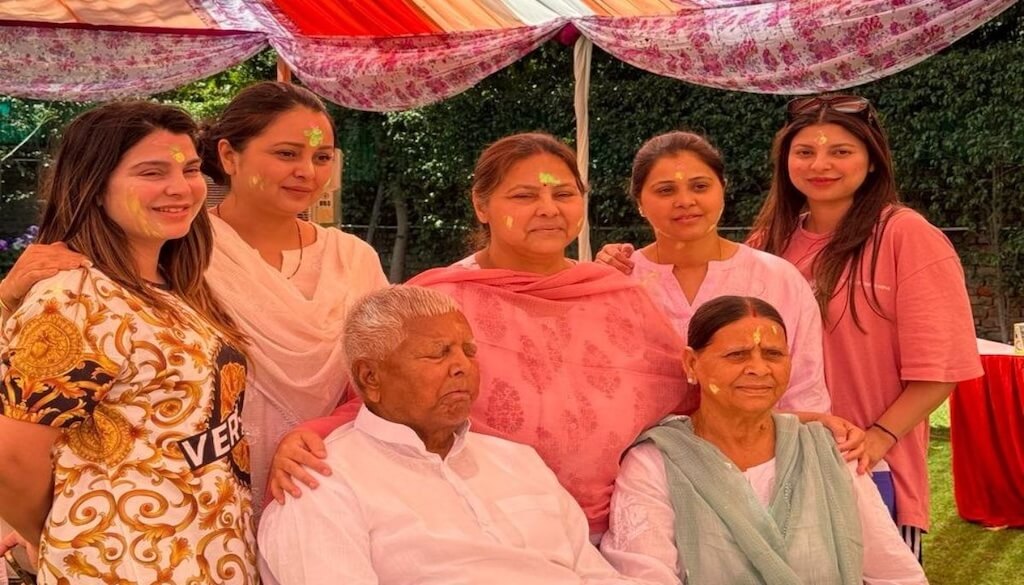
.jpg)
.jpg)
.jpg)
.jpg)

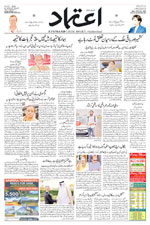









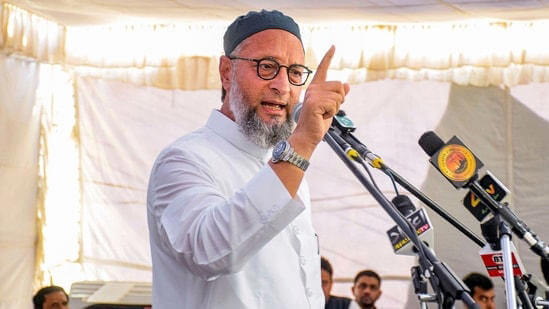
.jpg)
.jpg)
.jpg)


